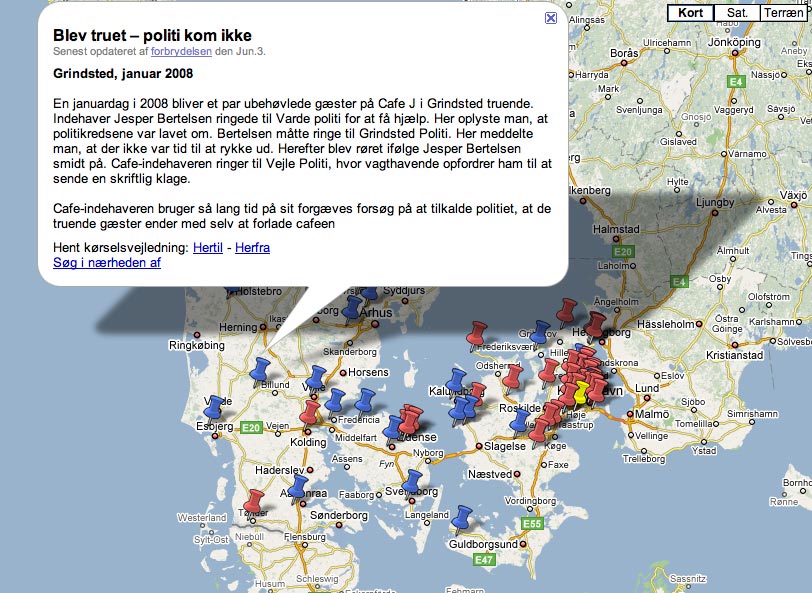Even former Mirror boss David Montgomery, who has a reputation as a ferocious cost-cutter, admits his new pan-European newspaper group Mecom cannot cost-cut its way out of a recession.
Shares in the company tumbled on the London Stock Exchange last week after the newspaper group failed to impress the market with its interim half-year results.
Perhaps jittery from all the recent talk of recession, investors did not appreciate the highly geared company’s reports of ‘worsening economic conditions’.
Despite Montgomery’s assurances that his business model is very different from that of UK newspapers – with subscription rates as high as 96 per cent in some of the countries Mecom operates in – alert observers noted that advertising still makes up 52 per cent of revenue.
No more title-specific news desks?
As widely reported, this does of course mean employees at the company, already disgruntled about redundancies on the table, will have to prepare for an even tighter ship in times ahead.
But there is more to this story: in a phone conference with employee representatives last week, Montgomery is reported to have admitted the company cannot cost-cut its way out of a recession; and emphasised that new ways of working and new streams of revenue were necessary for newspapers to have a profitable future.
He specifically highlighted two areas as key to the company’s future strategy: digital expansion, where its Norwegian division, Edda Media, is leading the pack with 9 per cent of its revenues from digital operations; and the media house strategy pioneered by Lisbeth Knudsen, the CEO of its Danish operation.
As Journalism.co.uk previously reported, Knudsen has reorganised her company’s titles into ‘verticals’ that deliver copy not only across platforms, but also titles – be they broadsheet, tabloid or regional newspapers. This, apparently, is to become the standard for all future media house strategy in Mecom.
Innovation exchange
“Mecom’s German division for instance – comprised of Berliner Zeitung, a national; Netzeitung, an online-only newspaper, and various magazine titles – should pay heed to these words. This model might be seen as a good fit for Germany,” an employee representative told me.
Mecom has also established an agreement that allows all Mecom countries to exchange software solutions developed in one country to another Mecom country without charge. The Reader’s Newspaper, a citizen journalism portal previously described by Journalism.co.uk, for instance, is to be exported from Norway to Denmark and Poland.
Another Norwegian export is a new range of hyper-local websites and freesheets Mecom is launching in Poland: Moje Miastro – a concept that has been operating for some time in Norway. The newspaper group, often portrayed as cash-starved and too much in debt, has also entered into an agreement to buy Edtytor Sp. z o.o., a regional newspaper business in Olsztyn. It has told employee representatives that the Polish expansion in new products was to blame for the dip in profits from its Polish arm.
Beware the ghost of recession
In other words, keeping an eye on innovations in the various parts of Mecom’s far-flung empire, can give useful pointers to what we can expect on group level.
Unfortunately for Mecom, a less fortunate trend spreading through the many European countries the company operates in is the ghost of recession.
In this age of globalisation, operating in more than one European country is no safe hedge against a market downturn, despite Montgomery indicating otherwise.
As Peter Kirwan recently wrote in his Press Gazette blog: “[W]hen it comes to the ad recession, we’re at the end of beginning, not the beginning of the end.”
In the summer months we have seen the footprints of recession appear in new territories such as Norway and Holland, causing the job and property classifieds markets to shrink – a sure sign that worse is yet to come.
For Mecom, the question is which is strongest, which will have the final say: the ability to come up with new innovative ways of doing business with less resources, or the clammy hand of a jittery market in the throes of recession?
